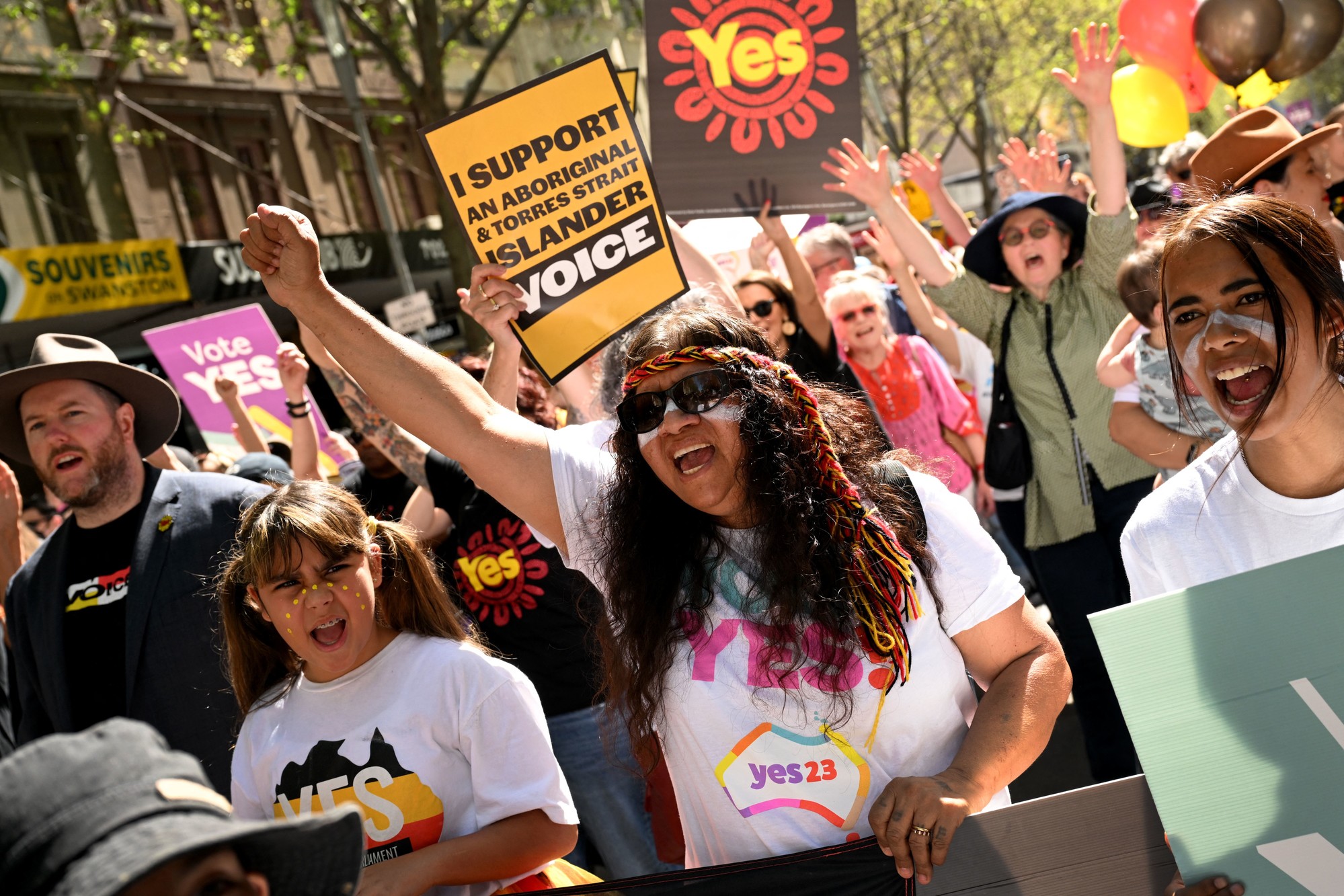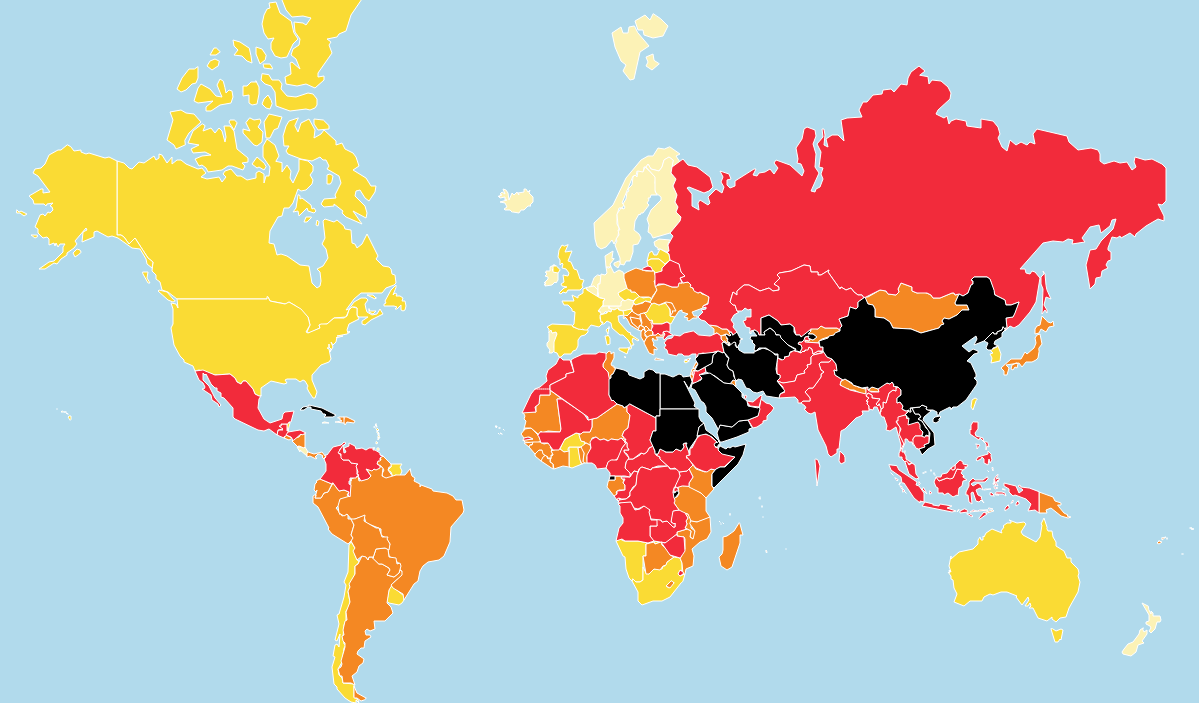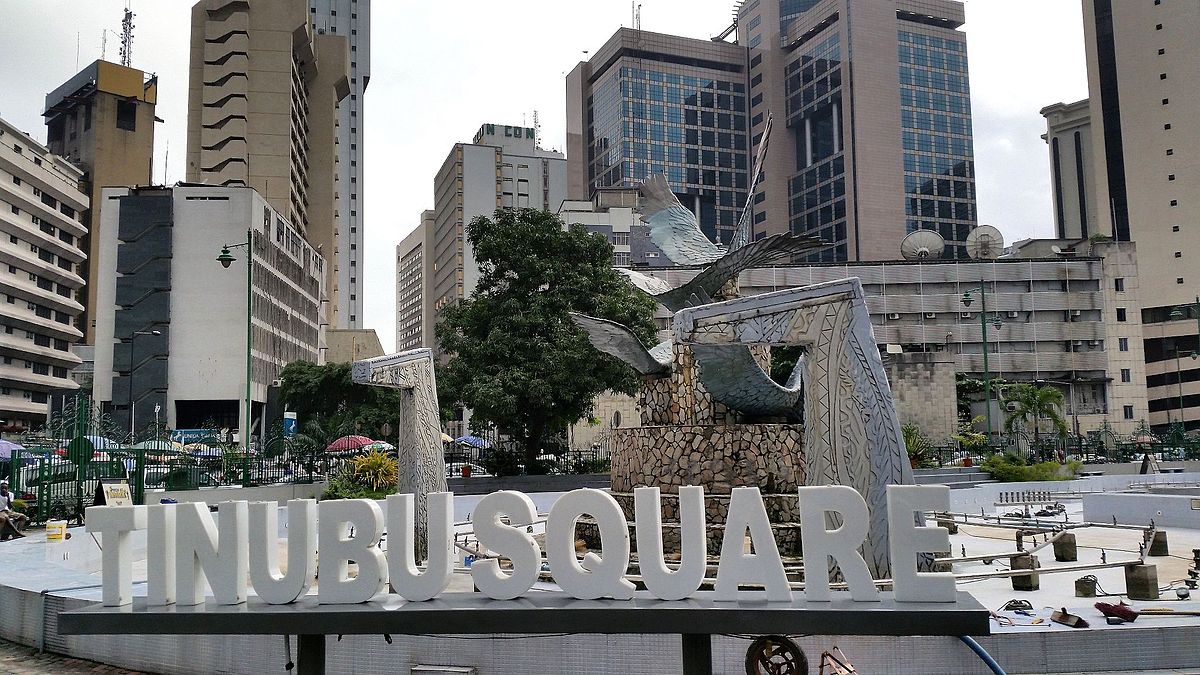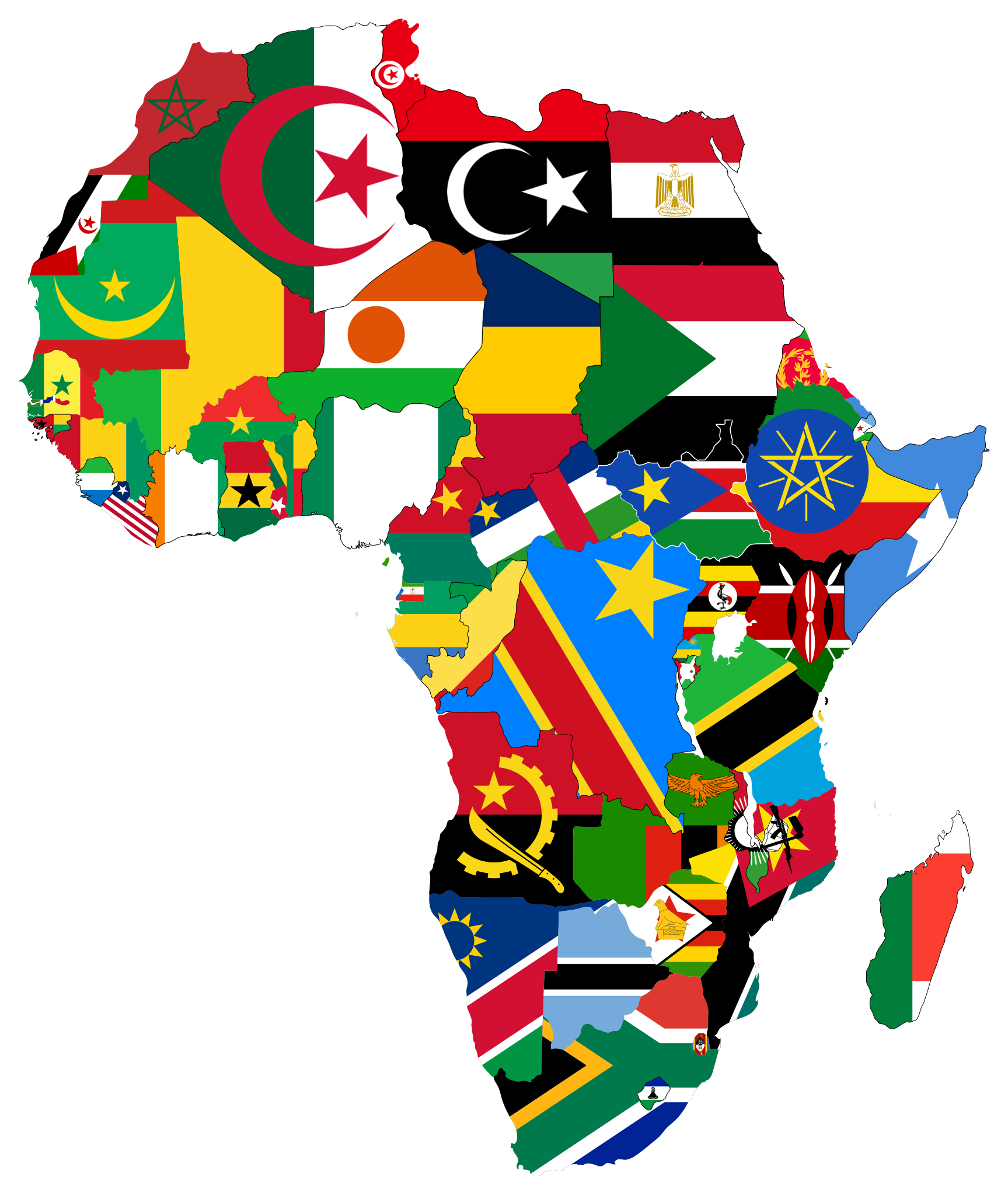Those are strong words. You're going to need to back them up.
Egypt is under a military government
right now. Arguing for a widespread collapse of civil order in the wake of an economic collapse is hardly controversial; liberal democratic France lost continuity of government during the Collapse. My proposal was to have Russia come in with an offer of aid, which they desperately needed, and to puppet Egypt through the use of soft power. This is not a new thing for empires to do.
Saying that my proposal was a "racist caricature" is a serious accusation, and it requires serious evidence. Evidence you did not provide. Instead, you gave me four sentences of vague condemnation and a comparison to Ireland that frankly makes no sense.
Egypt ended up as a Russian vassal. Very large parts of the world ended up as Russian vassals. This is not some special condemnation of Egypt, just a recognition that Egypt is strategically important, that Russia would want to control the Suez Canal, and that the Egyptian military was willing to make a deal with foreigners to secure their own power.
Pan-Arabism was an important ideology in Egypt under General Nasser. The QM specifically mentioned that pan-Arabism is on the rise again. It seems reasonable that Egyptian dissidents would rebel against being a Russian vassal and seek to secure a strong, independent Egypt that would take a leading role in a strong, independent Arab world.
Your criticism is unwelcome not because it is criticism, but because it is frankly low-effort. I can be wrong about things, and I can be persuaded that I am wrong. That happens. However, I find it somewhat frustrating to hear that my worldbuilding is a "racist caricature" from someone who neglects to provide any details as to why.
Edit: The information I've seen is that Egypt is a major food
importer.
Egypt - The Food Gap
https://apps.fas.usda.gov/newgainapi/api/Report/DownloadReportByFileName?fileName=Food Processing Ingredients_Cairo_Egypt_03-30-2020
How to Feed Egypt
In my proposal, Egypt suffered from an economic collapse as part of the larger Collapse. This had larger social and political consequences, including widespread insurrection, rioting, and the collapse of governmental control over large portions of the country.
If the Egyptian government and people made only good choices, Egypt probably could feed itself. But the Egyptian government and people did not make only good choices.
I struggle to understand how you can question Egypt suffering from famine and malnutrition when
America canonically suffers from famine and malnutrition. If we're considering the matter exclusively in terms of arable land and crop yields, then Americans would have eaten well during the Collapse.
It's called "the Collapse". Not "the sort of bad time when most people ate just fine, really". The Collapse period also featured a major plague that hit America hard and may have had equally serious consequences for Egypt. Countries that are technically capable of feeding themselves may be less capable of making a transition to self-sufficiency when dealing with an economic collapse
and violent uprisings
and a plague
and a government that was less than concerned with the well-being of the common people.
"Food production" was more of an issue in older famines, when a drought or a flood ruined the harvest and there wasn't enough for everyone. Modern famines are more likely to involve a failure of distribution, as the mechanisms for moving food break down, often as a result of war or societal collapse.
And again, "racist caricature" is not a minor accusation. If you're going to say it, you need to back it up.







